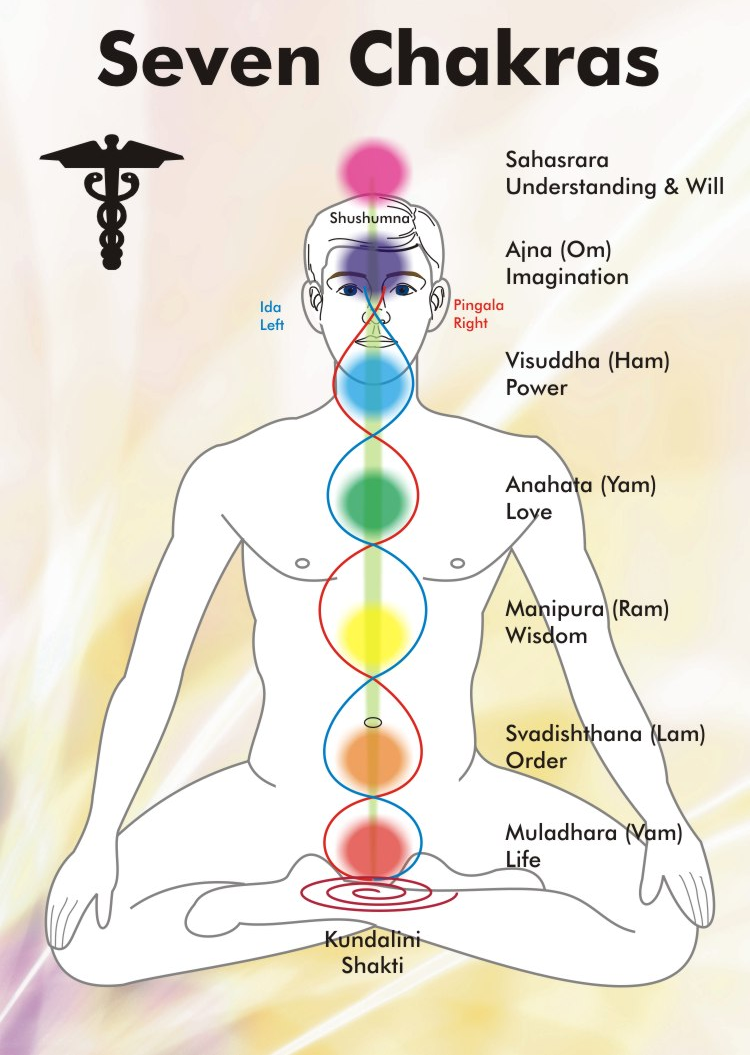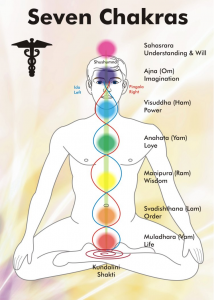
Reiki is often considered to be a hands off therapy as it involves little if any direct contact between you and the therapist. It works with the body’s energies and seeks to balance and remove blockages to those energies. With this technique, the Reiki practitioner is supporting the body’s ability to heal itself and to better cope with living in the modern world.
Reiki practitioners will make no promises related to curing illnesses, and this form of therapy should not be used to replace anything suggested by your doctor. However, used in conjunction with modern medicine it can support body and mind and improve the effectiveness of the medication.
Preparing for your first session with a Reiki master
Your first Reiki session needs to be approached with an open mind. Treatment affects different people in different ways, and the fewer expectations and misconceptions you have built up the better.
Sessions take place fully clothed, so loose-fitting, comfortable clothing is most appropriate. Most practitioners prefer that you wear little or no jewelry, as it can become uncomfortable and interfere with the flow of energy. The same is true of belts, perfumes, and colognes, all of which can mask things that are going on in the body and make channeling energy more difficult. You should wear shoes that are easy to remove, and tie back long hair so that the practitioner can access your neck.
Your first Reiki session
When you arrive, you are shown to a private treatment room. Treatment usually takes place on a padded bed or table, but can take place in a treatment chair if you are more comfortable sitting at an angle. The treatment room is designed to help you relax, and many practitioners have low lighting, soft music, candles, and incense to help you feel relaxed and comfortable.
After talking to you about any concerns you may have and answering any questions, the practitioner begins the treatment by performing a Byosen scan; this involves the practitioner placing their hands over your body and feeling your energy field to find out where there are problems in the flow of energy around your body. An experienced practitioner can feel subtle differences in the energy through their hands.
Once the scan is completed, the practitioner either places hands above, or lightly touches specific areas of the body called chakras. These are points on the body where energy flows through. By channeling energy through chakras, the practitioner can help it flow to the areas of the body where it is most needed.
During the session, you should feel relaxed and may even begin to notice subtle differences straight away. Some people feel lighter, as if their stresses are lifting during the session. However, it is not unusual to not feel anything for a few days after the session. The changes in the flow of energy around the body are different for everyone as is how they are perceived. Some individuals experience tingling sensations during sessions and even see bright colors or specific images. These can be discussed with your practitioner at the end of the session. However, if they are of concern, you should speak up straight away.
Follow-up sessions
There is no specific number of sessions that you should attend. Reiki looks to cleanse and balance the body’s energy to support self-healing. This healing is not just physical, but also mental, emotional, and spiritual. Much depends on your lifestyle and individual needs. As Reiki is a safe and non-invasive treatment, you can have sessions as little or as often as your body and mind require. The more you listen to your body, the clearer its needs become and the easier it is to answer those needs, either through treatment or lifestyle changes.






Loved reading the article. The experience varies with every person.